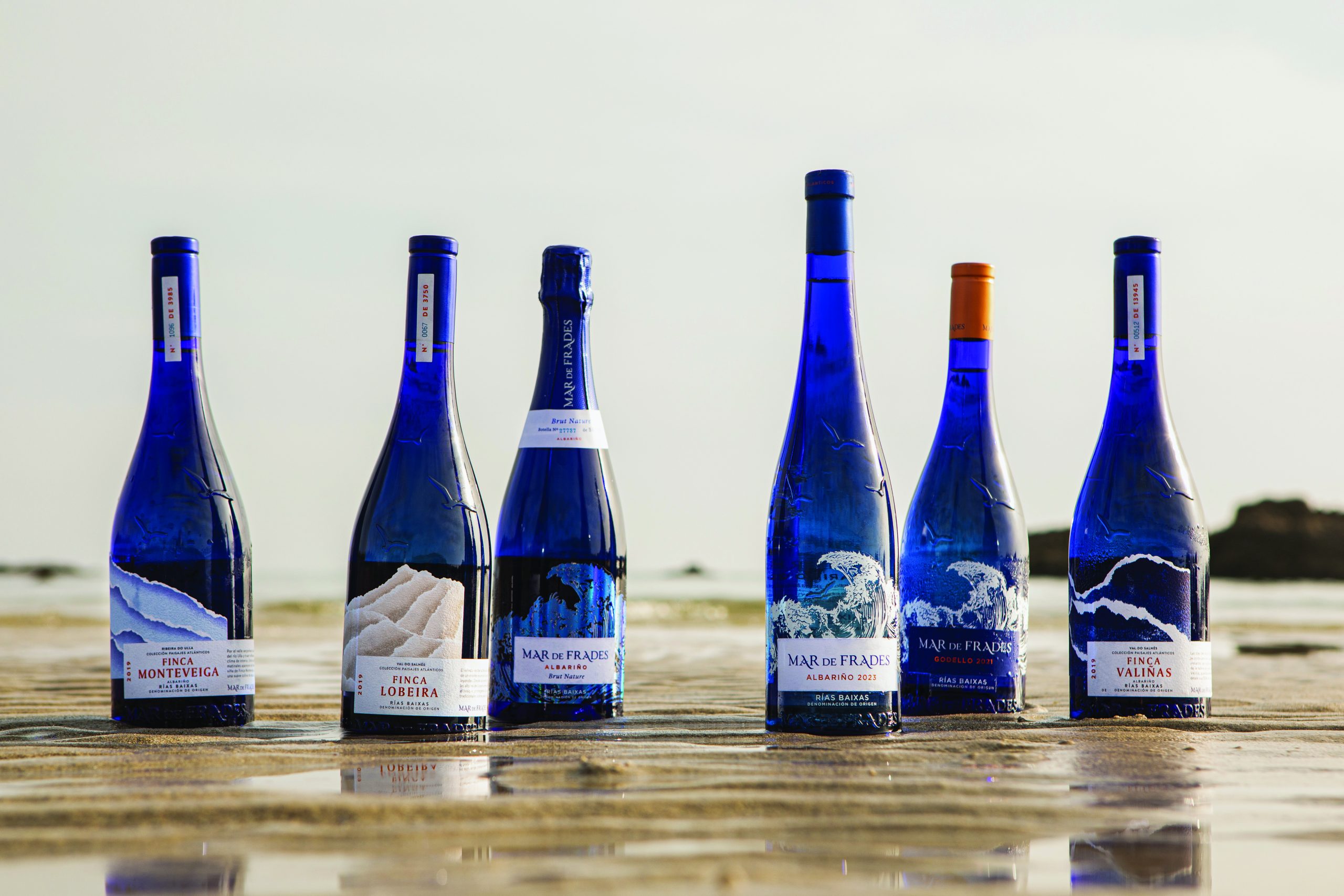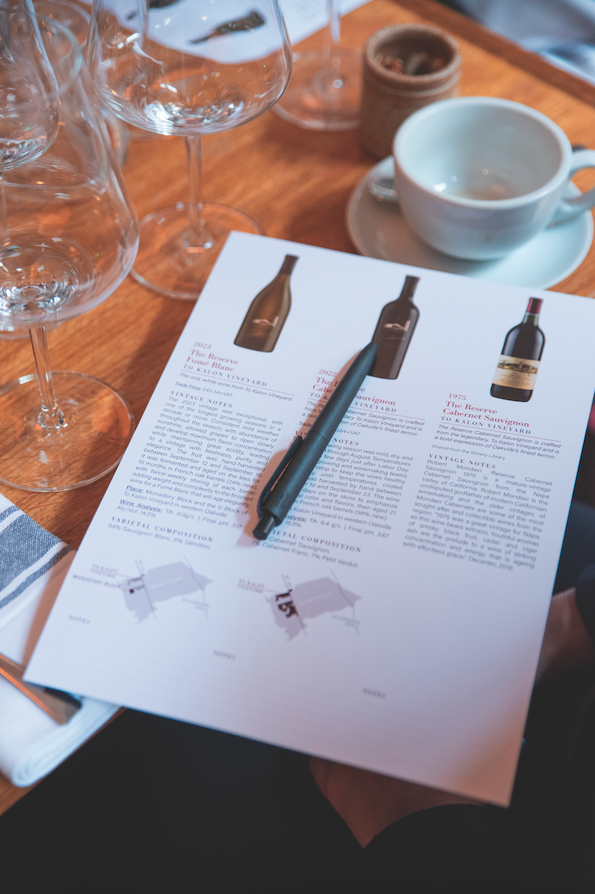Ill-advised investment
Chris Orr considers the collapse of Heritage Fine Wines
At the end of last week the liquidator in charge of unraveling and resolving the mess that was left behind by the failure of Heritage Fine Wines – the Australian fine wine investment company that crashed last year – reportedly sent a letter to each of the board members of the company, putting them on notice that they may be pursued in a claim for Aus$11m of wine.
The liquidator, Nicholas Crouch, said: "Each director has been put on notice of my potential claim of $11 million that arises from the failure of HFW to buy some 300,000 bottles of wine which had been paid for in full by investors. I have also written to the Australian Securities and Investments Commission informing them of the latest developments."
Almost 3,000 investors put more than $70m into the wine scheme before it went belly up in March 2005. The liquidator has managed to reconcile some $40m or 1.3m bottles so far, but claims that the money of some 500 investors was never spent on the wines they thought they were investing in, but rather on upkeep of company overheads.
"Heritage’s directors could face a public examination and be interrogated by the liquidator in an open court presided by a magistrate," added Crouch. "Following this, we could commence proceedings to sue them for damages of $11 million."
And in a way, so they should. That’s one hell of a lot of money to spend on overheads for a company that only started up in 1999. Sure there are some investors that probably deserve to lose the money for being simply too stupid to do their research on the internet before spending millions on trying to play the wine markets. But equally there will be lots of investors who thought putting $10,000 or $20,000 of their life savings in a well-supported and reputable wine investment scheme would be a good idea. Much in the same way as anyone buying a house in the early 1990s probably thought that taking out an endowment scheme would be a "good idea".
Partner Content
However, at the end of the day, it is a business. And unless you work for the mafia, you should never invest in a company, or in shares, if you’re not prepared for the value to go down as well as up. That’s one of those simple facts of life. It’s a given.
One of the problems with the Heritage business, however, was that as well as advising customers to invest in the likes of Grange, Lindemans, Leeuwin Estate and so on – all the top flight names in Australian wine, they also encouraged the development of the equivalent of ‘incubator’ wines. Those wines made by well-known and successful winemakers, often from resources they haven’t been able to use elsewhere – often experimental stabs at creating a new ‘Henschke’ or ‘Torbreck’ phenomenon. And that, frankly, is pure speculation – a little bit like junk bonds to some degree. The worth is only as much as the market or the consumer of the bonds/wine is willing to support. And in this case, the market didn’t support it.
I don’t know whether there is a case in law against the directors of the company from a financial point of view, but I have to say, anyone who is willing to take people’s hard earned money and bet it completely unproven, unpublicised and unjudged (by their peers in the wine business) wines should receive a big rap on the knuckles for being a little on the fly-side. Every business is a risk, but some are more risky than others – and in any area where people’s confidence can be undermined then there has to be more regulation involved.
What staggers me is that despite the collapse of Heritage, there are still many wine investment schemes operating in Australia under a similar laxity of regulation. This means there are still many poor punters who are likely to be a lot poorer over the coming years. It’s one of the few things that makes me grateful for the UK wine industry – on the basis that, in the majority of cases, even the most naive of investors is unlikely to be gullible enough to fall for a similar investment scheme on these shores. Mind you, you could sell them some red Bordeaux two years in advance on the basis it might be worth something in a few years time – but surely that scheme would never catch on?
Chris Orr – db 16th February 2006




